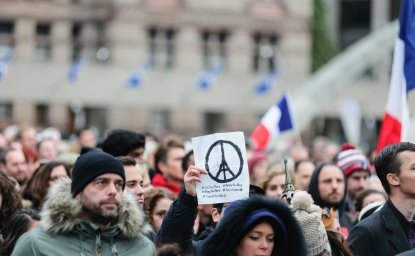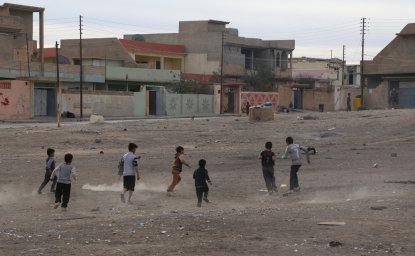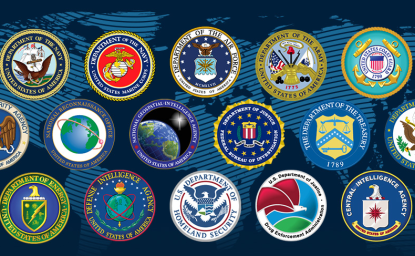Can French President Francois Hollande turn a coalition of the risk-averse, self-interested, and unwilling, into a functional coalition finally willing and ready to defeat the Islamic State? The Nov. 24 shoot-down of a Russian fighter jet will make the already challenging task only that much more daunting. To succeed, Hollande will have to overcome four key obstacles.
Obama's risk aversion: During a news conference with Hollande, it became clear that U.S. President Barack Obama is not ready to substantially alter the contours of America's military approach in Syria. So far, the Paris attacks have failed to overturn Washington's assumptions about a more muscular U.S. military role. Obama's prescription for fighting ISIS calls for a heavy dose of airstrikes; arming local allies such as the Kurds; limited intervention by special forces; and a diplomatic process designed to move President Bashar Assad, the primary source of Syria's misery, out of power. Hollande will not easily convince the president to flex more American muscle than that. Indeed, Obama seems to hope that France and Russia will pick up the pace of their military efforts and relieve the pressure on him to do more.
Putin's agenda: Russian President Vladimir Putin's agenda in Syria is complex, and it ties into Russian interests in Ukraine, Europe, and the broader Middle East as well. Sure he wants to keep ISIS at bay, and extract payback for the downing of a Russian airliner over Sinai. Russian military strikes in Syria have dominated Russian media, and they enhance his street cred among the Russian public. But Putin is also looking to end his international isolation after Russia's intervention in Crimea and Eastern Ukraine, and perhaps to trade his intervention against ISIS for the elimination or easing of sanctions against his country. How this will work if Putin clings to his position on Bashar Assad isn't clear. But for now Putin has grabbed center stage. Putin appears more cooperative, and is perhaps succeeding in drawing attention away from Ukraine. His meeting with Hollande showed that Putin and Russia are willing in some measure to cooperate against ISIS, but there is no real change to Russian priorities in Syria, nor to Moscow's support of Assad.
The Assad problem: For Obama, working with Putin again would require a willingness to ease Assad out of power, rather than forcing the Syrian president aside, and to sanction a political transition that might end Syria's civil war. Hollande would also like to see Assad out, but may he may be more flexible than Obama, because he would like Russian help against ISIS immediately. Putin needs to secure long-term Russian interests in Syria, and while that doesn't depend on Assad alone, it does mean maintaining ties to the Alawites and to the Syrian military. Even more tricky is Iran's commitment to Assad. Putin was just in Tehran, and it's likely that he and the mullahs will try to support Assad's tenure in Syria for as long as possible. The success of the U.S.- and French-backed transition plan may depend on separating Russia from Iran on the Assad issue.
The Day After: The real challenge for this coalition will hinge on who is prepared to assume responsibility for Syria's future. Easing Assad out and defeating ISIS on the battlefield will not stabilize Syria. It will cost hundreds of billions of dollars to reconstruct the country, to say nothing of the human toll of 250,000 dead, more than 1 million wounded, and millions more displaced internally or driven out of the country. And unless Syria can be put back together again by Syrians and governed effectively, it will remain vulnerable to the fissures and fractures that have marked its history. It would be nice to imagine that Syrians can unite in a post-Assad harmony. But there is little from recent experiences in Iraq, Libya, or Yemen to justify this kind of optimism.
For now, the Russian, French, and American coalition remains much more compelling on paper than in practice. Tensions between Turkey and Russia reflect the same fundamental divide that also separates Paris and Washington from Moscow. None can agree on what to do about Assad. And the shooting down of a Russian SU-24 fighter jet - the first Russian fighter downed by a NATO member since the 50s - points up the dangers of conflicting goals. Whether the carnage in Paris and elsewhere, and the fear of future attacks, can produce a sustainable alignment against ISIS and Assad, or whether any unity breaks over the individual and conflicting agendas of coalition members, is still very much an open question.
The opinions expressed here are solely those of the author.
This article was originally published on Real Clear World.







